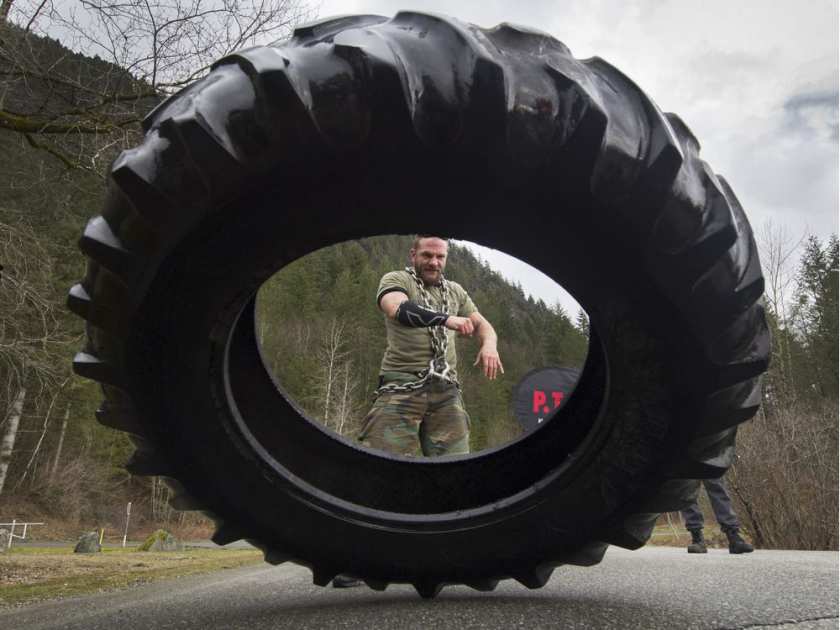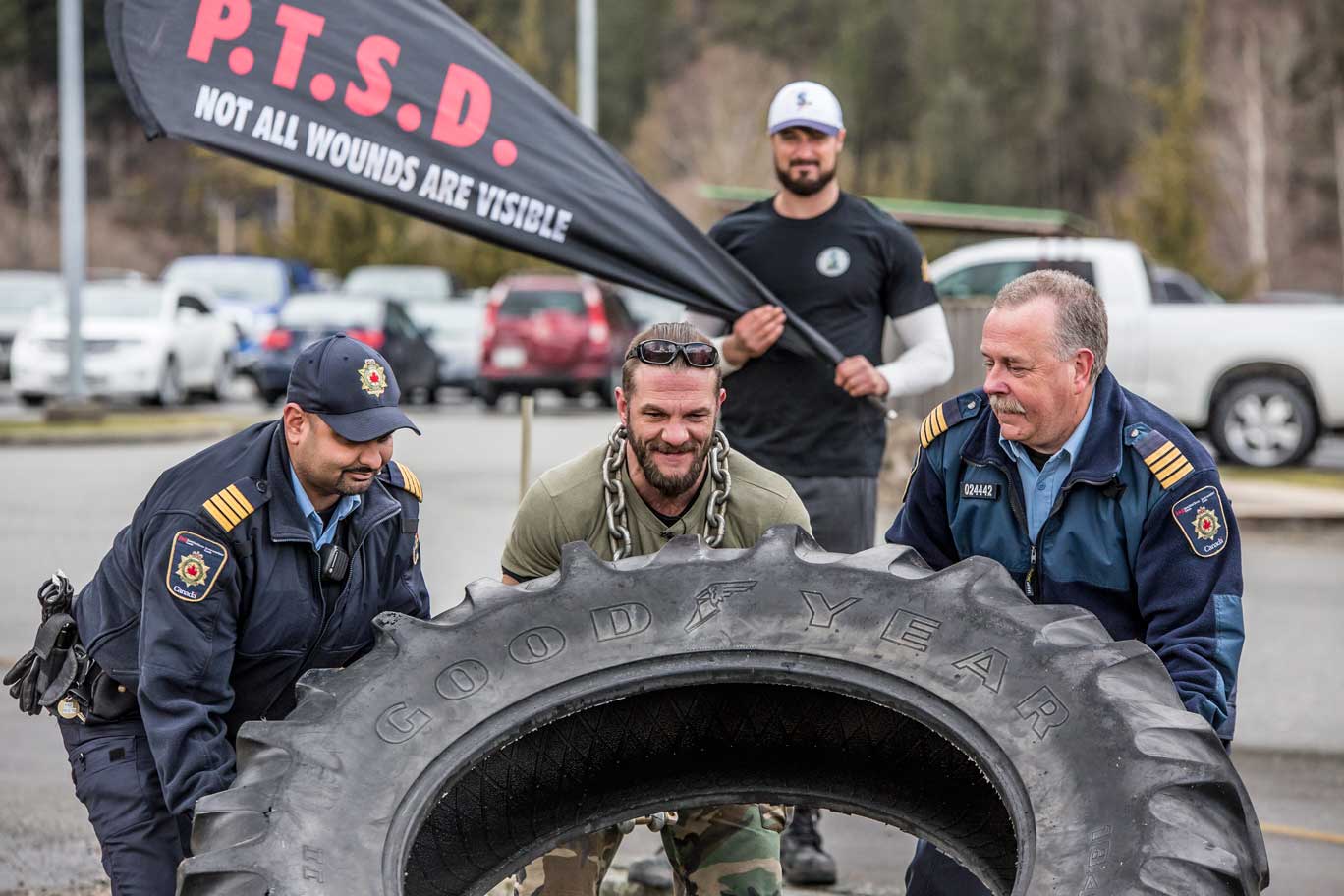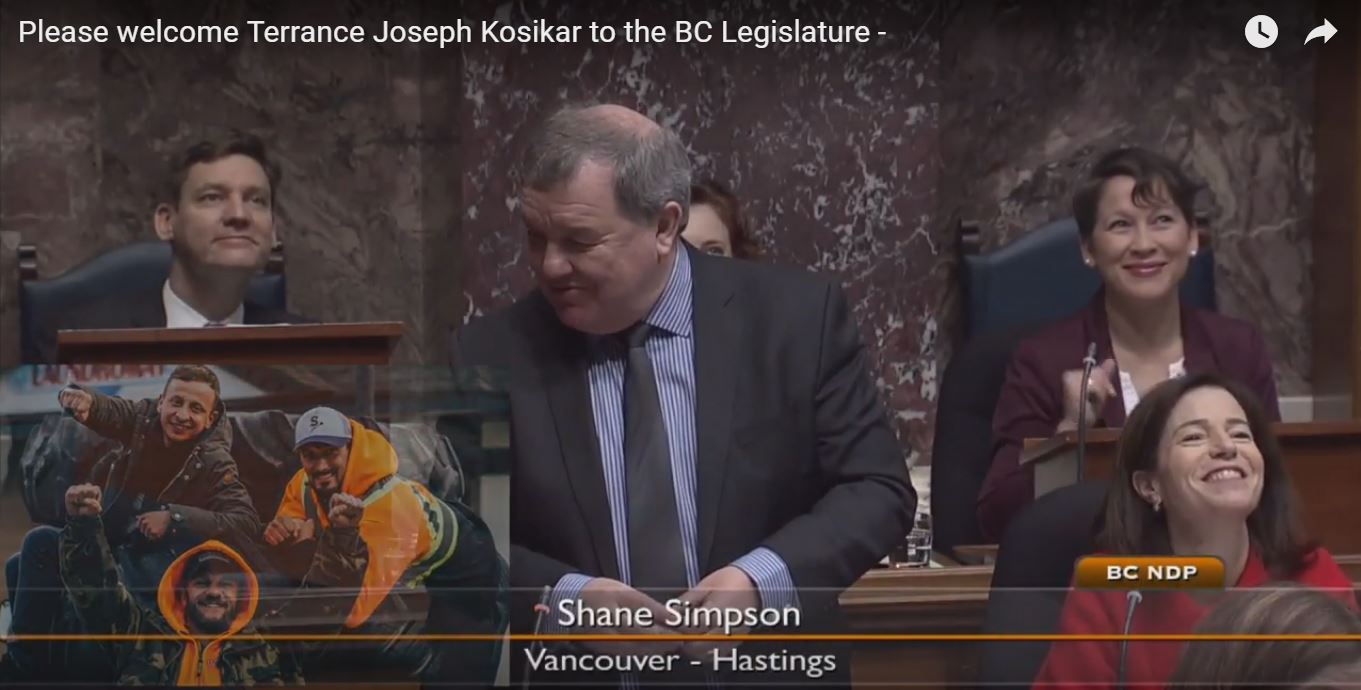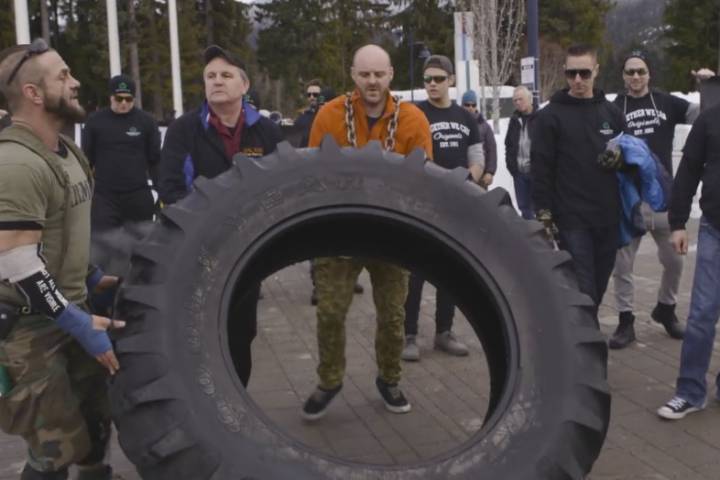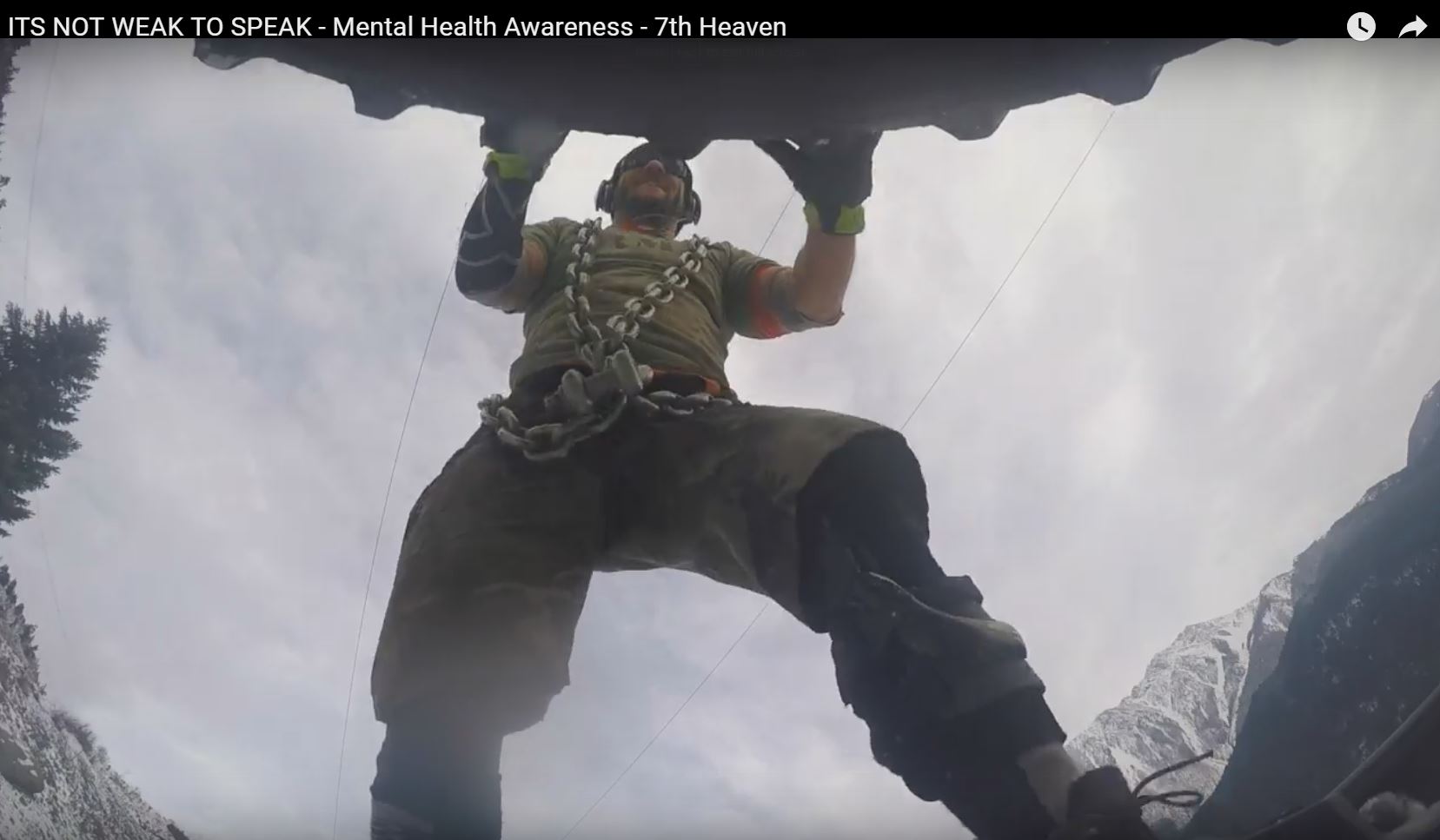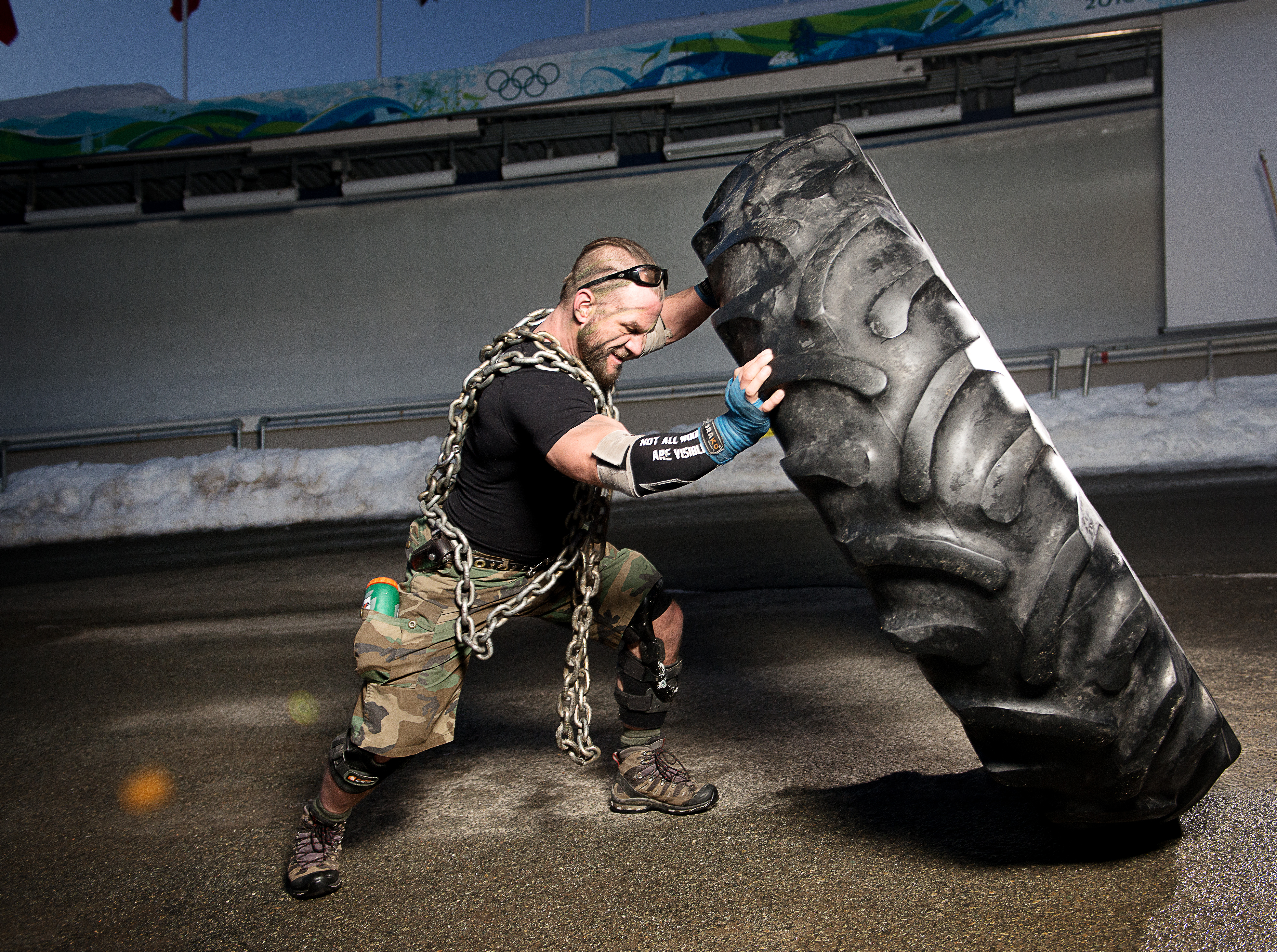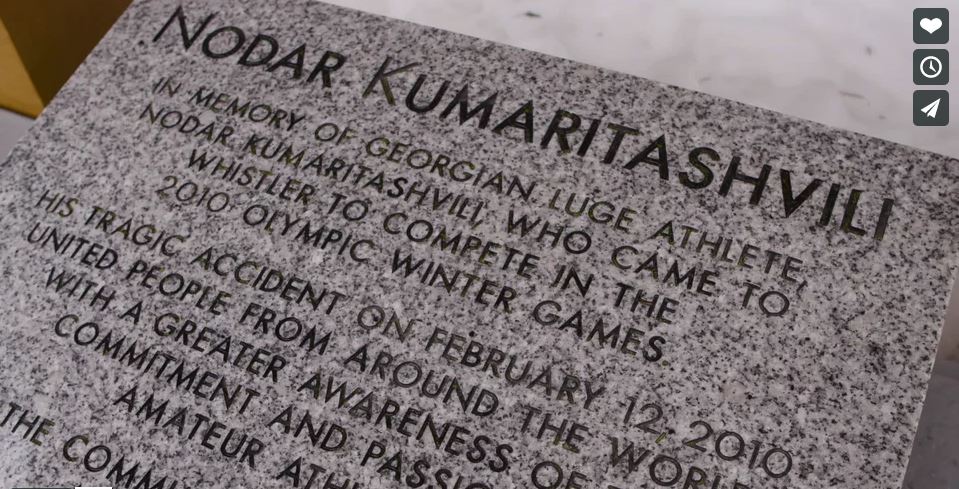Original article published on Vancouversun.com by GLENDA LUYMES
AGASSIZ, B.C. — In the shadow of a guard tower at Kent Institution, correctional officers added their voices to the first responders calling on the B.C. government to do more to help those struggling with work-related post-traumatic stress disorder.
“It’s — not — weak — to — speak,” the officers yelled, each word punctuated by the flip of a giant tractor tire symbolizing the weight of PTSD.
The event at Mountain and Kent prisons Wednesday was organized by Terrance Kosikar, one of the first medics on the scene when Georgian luger Nodar Kumaritashvili died at the beginning of the 2010 Winter Olympics.
“PTSD is not a disease, it’s an injury that we can heal from,” said Kosikar, who struggled with PTSD in the weeks after the Games. “We should call it an injury because it’s more accurate, hopeful and honourable.”
Among correctional officers, mental illness can carry a stigma, said Derek Chin, regional president of the Canadian correctional officers’ union. “Many of us don’t want to show weakness.”
However, officers deal with violence on a regular basis. Not only are they sometimes the target of violence, they also deal with inmates who have hurt each other or have tried to harm themselves.
“This job requires you to be a jack of all trades,” said Chin, explaining that officers do some of the same tasks as police, firefighters and paramedics inside prison walls. “We are the first responders to a variety of situations.”
Corinne Blanchette, Union of Canadian Correctional Officers adviser, supports an NDP bill recently tabled in the B.C. legislature, which, if passed, would add a presumptive clause to WorkSafe B.C. legislation. The bill would make it easier for first responders suffering from PTSD to get immediate access to counselling by assuming PTSD claims by first responders are related to their work. To deny a claim, WorkSafe would need to prove otherwise. The government hasn’t supported a similar bill in the past.
“Claims would be accepted sooner and officers would get treatment faster (with presumptive legislation),” said Blanchette. “If you wait to be treated, your symptoms can become more severe.”
The union adviser said she’s been involved in PTSD cases and appeals that take two or three years to be completed, including one for a female guard who was stabbed by an inmate.
Chin said Kosikar’s message was mostly well-received by the officers at the prison complex in Agassiz, although the event did hit a bump in the road. During a speech to officers at medium-security Mountain Institution, Kosikar revealed that he spent time behind bars in the U.S.
“That brought up some feelings and uncertainty for some of the officers in attendance,” said Chin.
The union decided to cancel Kosikar’s speech at maximum-security Kent.
Kosikar took it all in stride. While he didn’t speak to officers at Kent, two joined him to flip his tractor tire along a perimeter fence beneath a guard tower.
“When you strip away the uniforms and you strip away the mistakes of the past, we’re all just people, and sometimes we need help,” he said.

